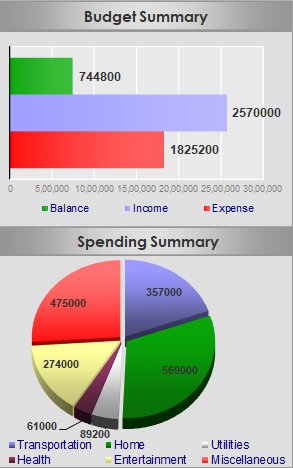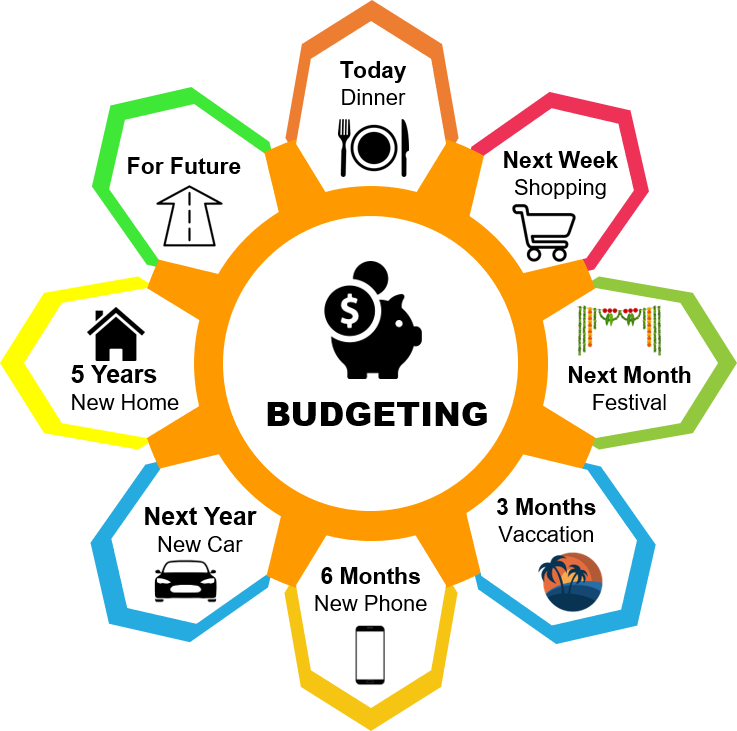“If you buy things you do not need, soon you will have to sell things you need.”— Warren Buffett
Budgeting guarantees that you always have enough money for the things you need and want. Following a budget or spending plan might also help you stay out of debt or get out of debt if you’re already in it.
Let’s face it: creating a household budget is tedious. While there are more interesting things to do in life, creating a budget is still the best method to start saving some money.
Give us a shot. It’s quick and simple. It will also assist you in identifying places where you can save more money.
If you put your budget to work, you’ll be able to:
• Enjoy having financial control.
• Allows you to Shop Wisely and Save Money
• Simple and effective way of managing or avoiding debt
• Reduce Your Tax Burden
• Can prepare you for a rainy day
• Encourages you to take an active role in your finances.
• Set Up Automatic Savings (most convenient paths toward wealth accumulation)
• Assists you in achieving your short- and long-term financial goals.
Set financial targets and a budget to help you reach them so you can manage your money sensibly. It’s not rocket science to achieve a financial goal! However, it’s a perfect combo of how you save and how you invest your money. To experience financial freedom in the future, you must practise financial discipline now. All it takes to get started is a personal budget, investment planning, and then sticking to it.
Determine how much money you could save each month to start. Once you’ve figured that out, pay yourself first. Before paying your bills, put money aside for savings, then cover the remainder of your debts. If you don’t have enough money to pay all of your expenditures, look for ways to reduce your spending or increase your income. This can mean working a few extra hours, packing a lunch rather than going out, or limiting the pleasures you give your kids.
This might seem difficult, but having money saved up for the future might help you feel better. With practise, putting your needs first will become simpler, and you’ll wonder why you didn’t start sooner!
Do you want to find strategies to reroute money toward your financial goals?
Are you seeking for ways to redirect funds toward your financial targets?


